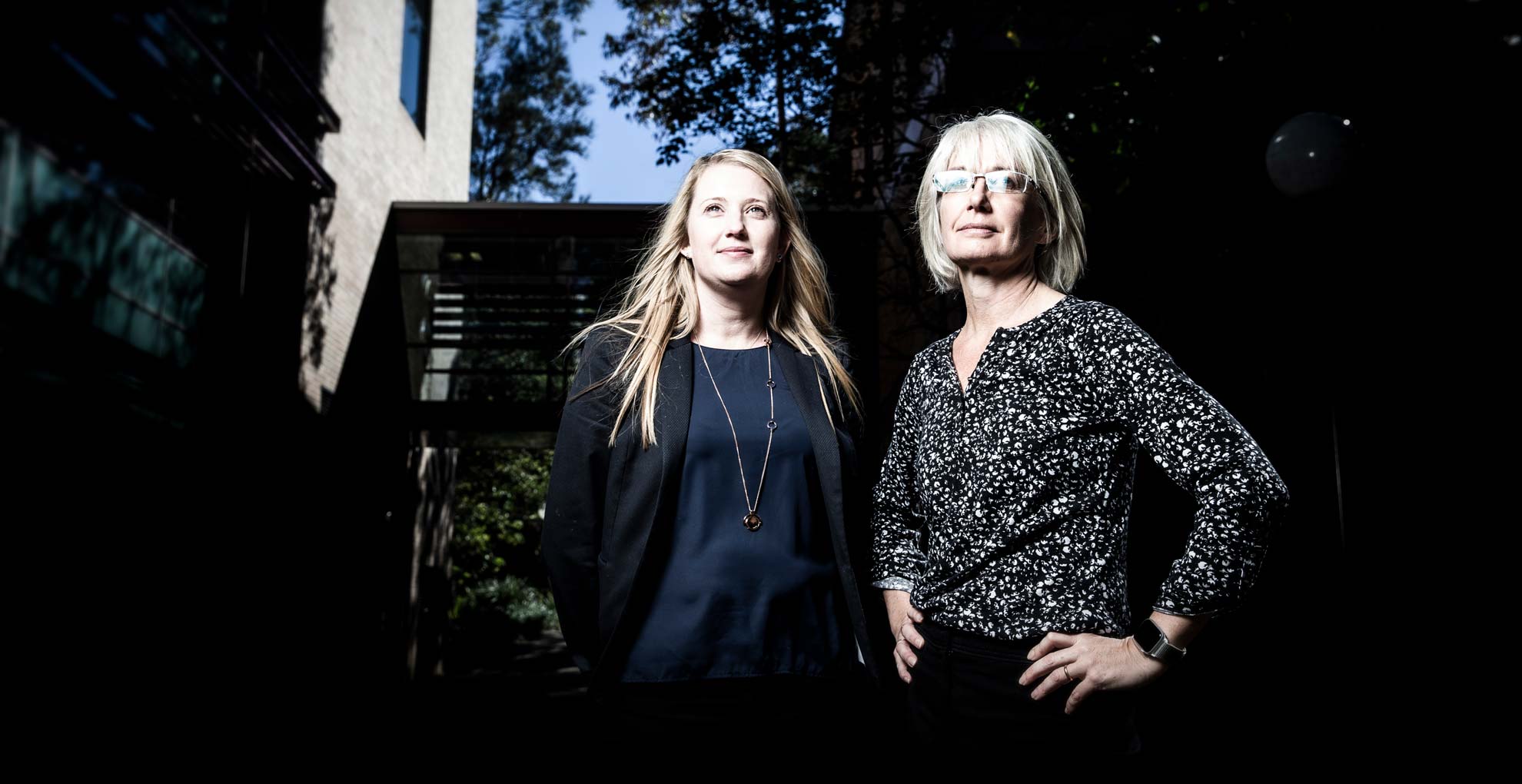September 27, 2019
Research to revolutionise career advice for disadvantaged students
UOW team working to address educational disparity throughout Australia
For students from low socio-economic backgrounds, tertiary education can feel inaccessible and insurmountable.
But a team of academics from the University of Wollongong (UOW) are working to break down these barriers, by ensuring students are supported throughout the trajectory of their schooling, and post-schooling, life with meaningful career advice and pathways.
It is part of a comprehensive body of research that is placing the University at the forefront of helping to address the educational disparity among regional, remote, Indigenous, and disadvantaged students throughout Australia.
Professor Sarah O’Shea, from the School of Education, and Kylie Austin, Senior Manager of Student Equity and Success at UOW, have in the past few months been awarded more than $1 million in funding for research, which examines how inequality manifests across the student life-cycle.
Projects include exploring gap year decisions for regional students (with University of Sydney), rethinking success for students from low socio-economic backgrounds (with University of Newcastle) and also deeply exploring retention for equity student cohorts (with University of Tasmania).
On Thursday (26 September, Professor O’Shea and Ms Austin were announced as the recipients of a Federal Government grant from the National Centre for Student Equity in Higher Education, based at Curtin University in Western Australia. They are leading a team of five universities, including the University of Canberra, University of Tasmania, Australian Catholic University, University of New South Wales, and the University of Technology Sydney to collaborate on and deliver these research outcomes.
It is one of four large-scale projects commissioned by the Centre which aim to improve access to information about higher education study options, pathways, and careers for disadvantaged students and those who influence them.
With a particular focus on low socioeconomic status (SES), regional and remote, and Indigenous students, the research projects – also awarded to Curtin University, La Trobe University, and the University of Tasmania - are being conducted under the Australian Government Department of Education National Priorities Pool program.
Professor O’Shea said the research will examine how universities can play a more defined role in providing advice about careers and pathways.
“We will be looking at how careers advice can be expanded beyond the more traditional counselling or school advisor roles, and how it can be delivered in an annotative way to school and non-school leavers,” Professor O’Shea said.
“A comprehensive and coordinated approach to careers advice will not only engage with the individual student, but will also work alongside the key influencers within a young person’s environment. This will ensure that students have access to career advice from a range of sources and perspectives.”
Ms Austin said the team were thrilled to receive the grant, which complements a series of projects underway that explore inequality among students from low socioeconomic backgrounds across the arc of their schooling life.
“Through this project, and a series of collaborations with other universities, we are ensuring that students, in particular those who experiencing disadvantage and inequality, are supported throughout their education journey,” Ms Austin said.
The University of Wollongong-led project will be conducted in 2019-2020.
The National Centre for Student Equity in Higher Education is a research and policy centre funded by the Australian Government Department of Education, and based at Curtain University.
